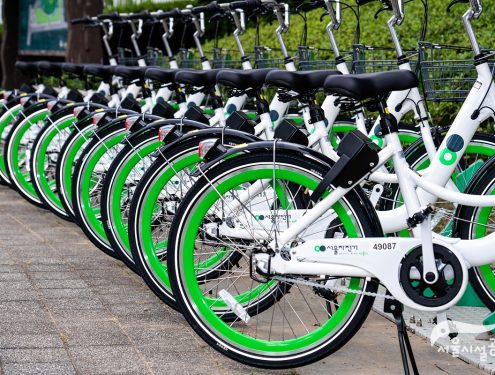(ZMIRE)
Q1. The Employment Permit System, or EPS, first introduced in 2004, celebrates its 20th anniversary this year. What impact have foreign workers had on Korean society over the past 20 years?
(CHO)
Q2. The government has raised the number of E-9 non-professional work visas for foreign workers under the Employment Permit System to 165-thousand this year, which marks the highest level to date. What’s the government aiming for?
(ZMIRE)
Q3. The Employment Permit System was introduced to prevent discrimination between domestic and foreign workers and to ensure equal employment conditions. But it has faced significant criticism that it’s leading to human rights abuses of migrant workers. What are the underlying issues?
(CHO)
Q4. The hot button issue on the Employment Permit System is the pilot program involving some 100 caregivers from the Philippines who will start working as domestic helpers from next month. And we’ve learned that the program will mark the first exception to the Employment Permit System. How will the program differ from other jobs under the EPS, and why?
(ZMIRE)
Q5. There are hopes and concerns over the Filipino domestic helper initiative. What are your prospects, and could an expansion of the program be one good way to tackle Korea’s low birthrate?
(CHO)
Q6. Zooming in on the concerns over the pilot program activist groups have urged the government to protect the Filipino workers from exploitation or other non-favorable working conditions. Tell us more about this, and your thoughts.
(CHO)
Q7. Payment for the foreign domestic helpers is another controversial issue. While some argue that they should be paid Korea’s minimum wage, others say that doing so would make the monthly cost too high for many Korean households. What’s your take?
(ZMIRE)
Q8. The Korean government is looking to expand foreign workforce to tackle labor shortage and demographic crisis. What efforts need to be made to ensure a favorable working environment for them, and protect their basic rights?
source : https://www.arirang.com/news/view?id=274575




